The medicinal wine used to treat shoulder periarthritis should be selected according to the syndrome type. Commonly used effective medicinal wines include Guogong wine, Shiguogong medicinal wine, Fenglai rheumatism medication wine, Sanfa Bing medicinal wine, Shujin Huoluo wine, etc. Shoulder periarthritis is often caused by invasion of wind cold dampness or stagnation of qi and blood. Medicinal wine plays a role in dispelling wind and dispelling cold, promoting blood circulation and unblocking collaterals. It is recommended to use it under the guidance of traditional Chinese medicine practitioners based on syndrome differentiation.
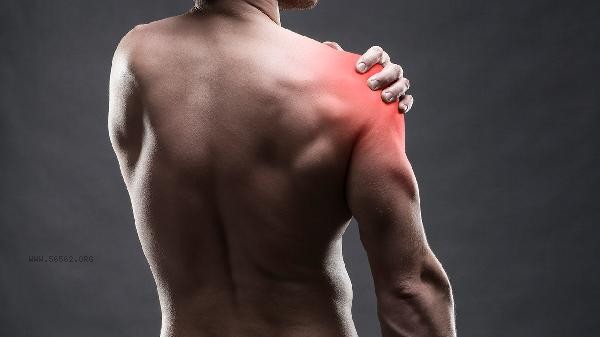
1. Guogong liquor
Guogong liquor is composed of medicinal herbs such as Angelica sinensis, Qianghuo, and Achyranthes. It has the effects of dispersing wind, dispelling dampness, and relaxing tendons and activating collaterals. Suitable for shoulder periarthritis with wind cold dampness syndrome, characterized by cold pain in the shoulder, aggravated by cold, and limited mobility. The alcohol in medicinal liquor can promote the absorption of effective ingredients and enhance the warming and meridian promoting effects. Shake well before use, and massage the affected area when applied externally.
2. Shiguogong Medicinal Wine
Shiguogong Medicinal Wine contains ingredients such as Duhuo, Mulberry Parasite, and Gentiana, which are good at dispelling wind and dampness, nourishing blood and tendons. The effect is significant for patients with shoulder periarthritis who suffer from insufficient qi and blood, as well as wind, cold, and dampness. Common symptoms include shoulder soreness, weakness, and worsening at night. The ingredients such as Angelica sinensis and Chuanxiong in medicinal wine can improve local microcirculation and reduce inflammatory reactions. People with yin deficiency and excessive fire should use with caution, and avoid eating raw or cold food during medication.
3. Feng Lao Feng Shi Di Da Yao Jiu
Feng Lao Xing Yao Jiu mainly uses Ding Gong Teng, Gui Zhi, and Ma Huang as the main medicines, focusing on warming meridians, dispelling cold, reducing swelling, and relieving pain. Suitable for the acute stage of frozen shoulder with cold coagulation and blood stasis syndrome, characterized by shoulder pain and joint stiffness. External application of medicinal wine can be combined with hot compress to promote drug penetration, but it is prohibited in areas of skin damage. Hypertensive patients should adjust their dosage according to medical advice.

4. San Ban Ban Yao Jiu
San Ban Ban Yao Jiu is made from three main ingredients: Sanqi, Honghua, and Danggui, with half of the ingredients added. It specializes in promoting blood circulation and removing blood stasis. The effect of treating shoulder periarthritis with qi stagnation and blood stasis syndrome is outstanding, with symptoms such as shoulder fixation pain and movement disorders. Sanqi saponins in medicinal wine can inhibit the release of inflammatory mediators, while safflower can dilate capillaries. Pregnant women and individuals with alcohol allergies are prohibited from using it.
5. Shujin Huoluo Wine
Shujin Huoluo Wine contains rattan medicinal herbs such as chicken blood vine, Luo stone vine, and Wujia skin, which are good at dispelling wind and dampness, and relaxing muscles and activating collaterals. Suitable for patients with chronic muscle spasms in shoulder periarthritis, often characterized by shoulder soreness, swelling, and muscle atrophy. The alkaloids in medicinal wine can relax muscle spasms and improve joint mobility. During use, avoid co administration with other sedatives. When using medicinal wine to treat shoulder periarthritis, shoulder function exercises such as wall climbing and pendulum exercises can be combined to enhance the therapeutic effect. Pay attention to keeping your shoulders warm in daily life and avoid lifting heavy objects or excessive strain. If there is skin allergy or gastrointestinal discomfort, stop using immediately. Shoulder periarthritis has a long course, and it is recommended to adhere to treatment under the guidance of a doctor for 2-3 months, during which regular follow-up visits should be made to adjust medication plans. Diet should be warm and nourishing, and moderate consumption of warm foods such as lamb and ginger can assist in dispelling cold.
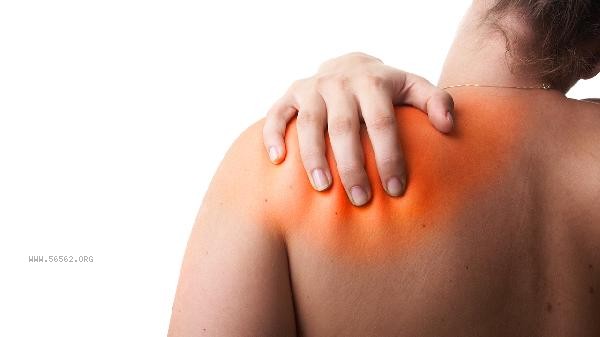

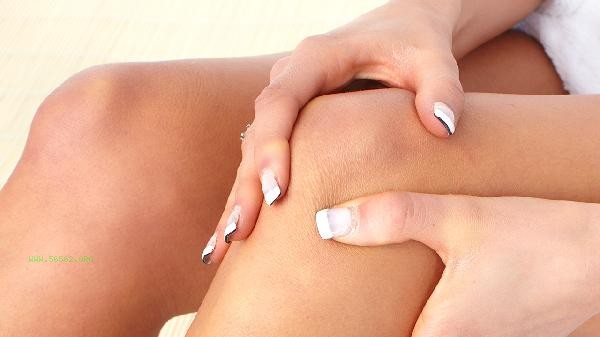
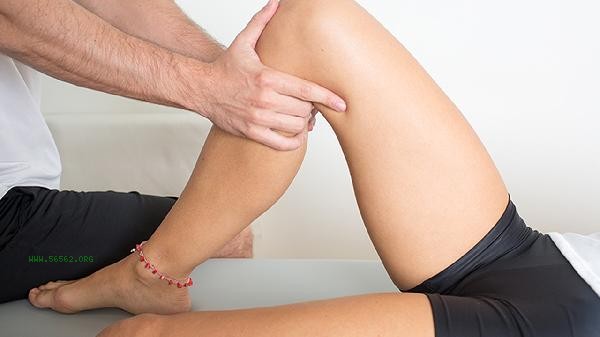
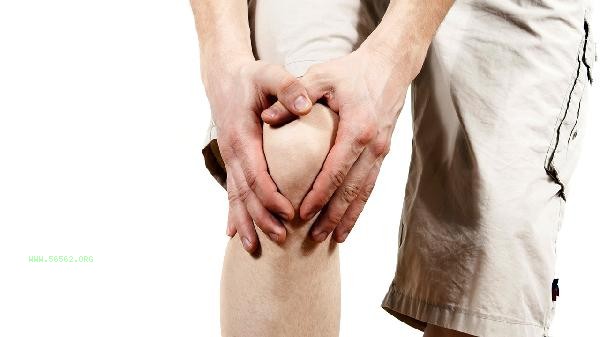
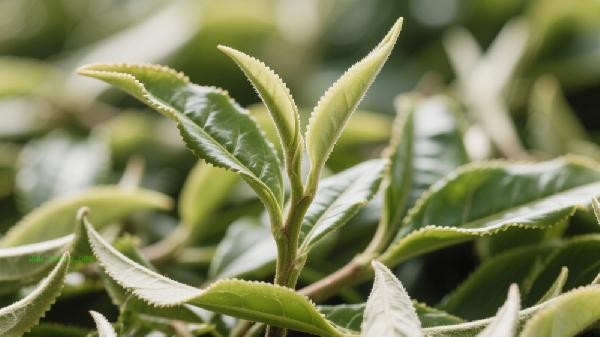
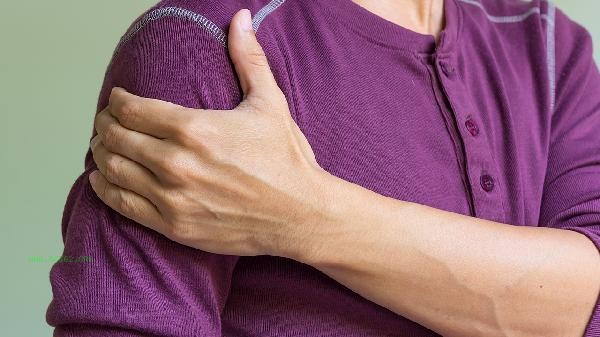


Comments (0)
Leave a Comment
No comments yet
Be the first to share your thoughts!